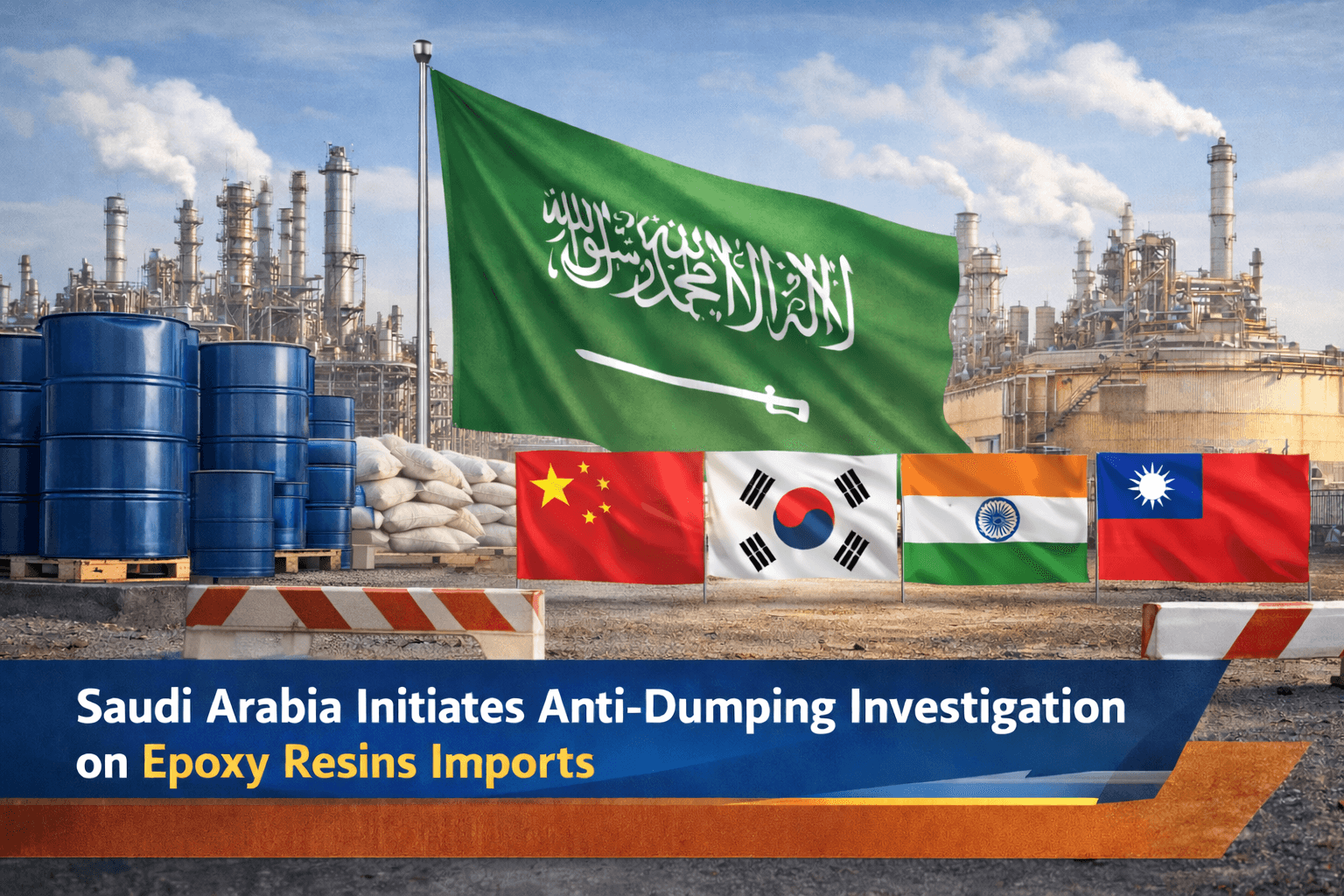Australia–UAE Comprehensive Economic Partnership Agreement (CEPA) Officially Notified to the WTO


Abu Dhabi- Australia and the United Arab Emirates have formally notified the World Trade Organization of the entry into force of their Comprehensive Economic Partnership Agreement (CEPA), marking a significant milestone in the trade relations between the two economies.
Entry into Force & Scope
Signed: 6 November 2024
Entered into Force: 1 October 2025
WTO Notification: 6 November 2025
Parties: Australia and the United Arab Emirates
Legal Basis:
-GATT 1994 Article XXIV:7(a)
-GATS Article V:7(a)
A Comprehensive 26-Chapter Agreement
CEPA establishes a free trade area covering goods and services, structured in 26 chapters and 5 side letters. The agreement reaffirms commitments under the WTO framework and introduces advanced cooperation provisions in multiple areas. Key chapters include:
Trade in Goods (Chapter 2): Reduction and elimination of customs duties on originating goods.
Rules of Origin, Customs Procedures, TBT & SPS – ensuring predictable market access conditions.
Trade Remedies (Chapter 5): Reaffirms rights under the WTO Anti-Dumping, Subsidies, and Safeguards Agreements.
Digital Trade, IP, Competition & Consumer Protection: Strengthening regulatory alignment and digital economy cooperation.
Investment Facilitation, Government Procurement, SMEs, Labour & Environment: Broadening economic integration beyond traditional market access.
Dispute Settlement (Chapter 25): Establishes mechanisms for resolving trade-related disputes.
Strategic Importance for the UAE & GCC Region
CEPA significantly enhances the UAE’s network of modern trade agreements and reflects its broader economic diversification strategy. The agreement is expected to:
Boost bilateral trade flows in goods and services
Increase regulatory cooperation
Support digital trade and innovation
Expand opportunities for Emirati and Australian exporters across key sectors, including agriculture, services, and advanced industries
Al Armouti Law Firm specializes in free trade agreement negotiations, advising governments on market access and regulatory chapters, and representing states and industries in free trade dispute settlement.
Abu Dhabi- Australia and the United Arab Emirates have formally notified the World Trade Organization of the entry into force of their Comprehensive Economic Partnership Agreement (CEPA), marking a significant milestone in the trade relations between the two economies.
Entry into Force & Scope
Signed: 6 November 2024
Entered into Force: 1 October 2025
WTO Notification: 6 November 2025
Parties: Australia and the United Arab Emirates
Legal Basis:
-GATT 1994 Article XXIV:7(a)
-GATS Article V:7(a)
A Comprehensive 26-Chapter Agreement
CEPA establishes a free trade area covering goods and services, structured in 26 chapters and 5 side letters. The agreement reaffirms commitments under the WTO framework and introduces advanced cooperation provisions in multiple areas. Key chapters include:
Trade in Goods (Chapter 2): Reduction and elimination of customs duties on originating goods.
Rules of Origin, Customs Procedures, TBT & SPS – ensuring predictable market access conditions.
Trade Remedies (Chapter 5): Reaffirms rights under the WTO Anti-Dumping, Subsidies, and Safeguards Agreements.
Digital Trade, IP, Competition & Consumer Protection: Strengthening regulatory alignment and digital economy cooperation.
Investment Facilitation, Government Procurement, SMEs, Labour & Environment: Broadening economic integration beyond traditional market access.
Dispute Settlement (Chapter 25): Establishes mechanisms for resolving trade-related disputes.
Strategic Importance for the UAE & GCC Region
CEPA significantly enhances the UAE’s network of modern trade agreements and reflects its broader economic diversification strategy. The agreement is expected to:
Boost bilateral trade flows in goods and services
Increase regulatory cooperation
Support digital trade and innovation
Expand opportunities for Emirati and Australian exporters across key sectors, including agriculture, services, and advanced industries
Al Armouti Law Firm specializes in free trade agreement negotiations, advising governments on market access and regulatory chapters, and representing states and industries in free trade dispute settlement.
Abu Dhabi- Australia and the United Arab Emirates have formally notified the World Trade Organization of the entry into force of their Comprehensive Economic Partnership Agreement (CEPA), marking a significant milestone in the trade relations between the two economies.
Entry into Force & Scope
Signed: 6 November 2024
Entered into Force: 1 October 2025
WTO Notification: 6 November 2025
Parties: Australia and the United Arab Emirates
Legal Basis:
-GATT 1994 Article XXIV:7(a)
-GATS Article V:7(a)
A Comprehensive 26-Chapter Agreement
CEPA establishes a free trade area covering goods and services, structured in 26 chapters and 5 side letters. The agreement reaffirms commitments under the WTO framework and introduces advanced cooperation provisions in multiple areas. Key chapters include:
Trade in Goods (Chapter 2): Reduction and elimination of customs duties on originating goods.
Rules of Origin, Customs Procedures, TBT & SPS – ensuring predictable market access conditions.
Trade Remedies (Chapter 5): Reaffirms rights under the WTO Anti-Dumping, Subsidies, and Safeguards Agreements.
Digital Trade, IP, Competition & Consumer Protection: Strengthening regulatory alignment and digital economy cooperation.
Investment Facilitation, Government Procurement, SMEs, Labour & Environment: Broadening economic integration beyond traditional market access.
Dispute Settlement (Chapter 25): Establishes mechanisms for resolving trade-related disputes.
Strategic Importance for the UAE & GCC Region
CEPA significantly enhances the UAE’s network of modern trade agreements and reflects its broader economic diversification strategy. The agreement is expected to:
Boost bilateral trade flows in goods and services
Increase regulatory cooperation
Support digital trade and innovation
Expand opportunities for Emirati and Australian exporters across key sectors, including agriculture, services, and advanced industries
Al Armouti Law Firm specializes in free trade agreement negotiations, advising governments on market access and regulatory chapters, and representing states and industries in free trade dispute settlement.
Latest blog
stay in the loop

